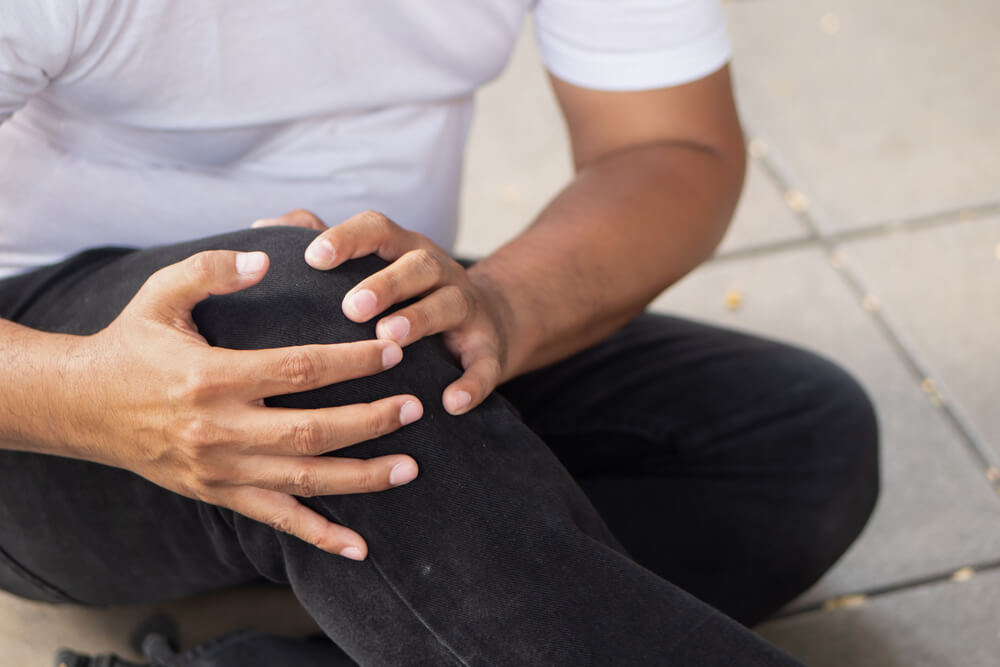If we are lucky, most of us can simply pick ourselves up and dust ourselves off after slipping and falling. Mildly embarrassed, we can go about our day as if nothing had happened. Unfortunately, this is not always the case. According to the World Health Organization, over 37 million people each year are injured due to a fall.
Adults over the age of 65 are more at risk from a slip, trip or fall. So are people who work in hazardous conditions, those with vestibular conditions that affect balance, and people who are taking certain medications.
How can I become injured when I slip, trip or fall?
Injuries from a fall can range from mild to severe. Some injuries sustained in a slip, trip, or fall can be severe enough to result in permanent disability, which is why it is always important to observe proper safety precautions in the home and workplace. Some common injuries include:
- Fractures — The hands and wrists are at risk of fracture during a slip, trip, or fall because many people will use their hands to try to catch themselves when they fall. Hip fractures are also common, especially in older adults who fall down.
- Head trauma — If you fall and hit your head, you risk developing a concussion or another traumatic brain injury. Such injuries may result in permanent damage or disability.
- Sprains — A sprain occurs when too much stress is placed on a joint. This can cause the ligaments in the affected area to stretch too far or even rupture, resulting in pain, inflammation, swelling and a lack of muscle strength.
I’ve been injured in a slip, trip or fall. What should I do?
If you have experienced a slip, trip or fall that caused an injury, you should seek immediate medical attention. However, you may find that you experience pain and discomfort even after your injury has been treated. If so, it may be time to consider physical therapy.
Whatcom Physical Therapy offers a number of services intended to help you on the road to recovery after a slip, trip or fall injury. Our trained physical therapists can help you through therapeutic exercise, manual therapy, and electrical stimulation therapy, as well as other mobility and pain management techniques. We even offer pre- and post-surgery therapy to help you recover and return to your normal routine more swiftly.
Contact our team today for more information or to schedule an initial appointment to get on the road to recovery.

